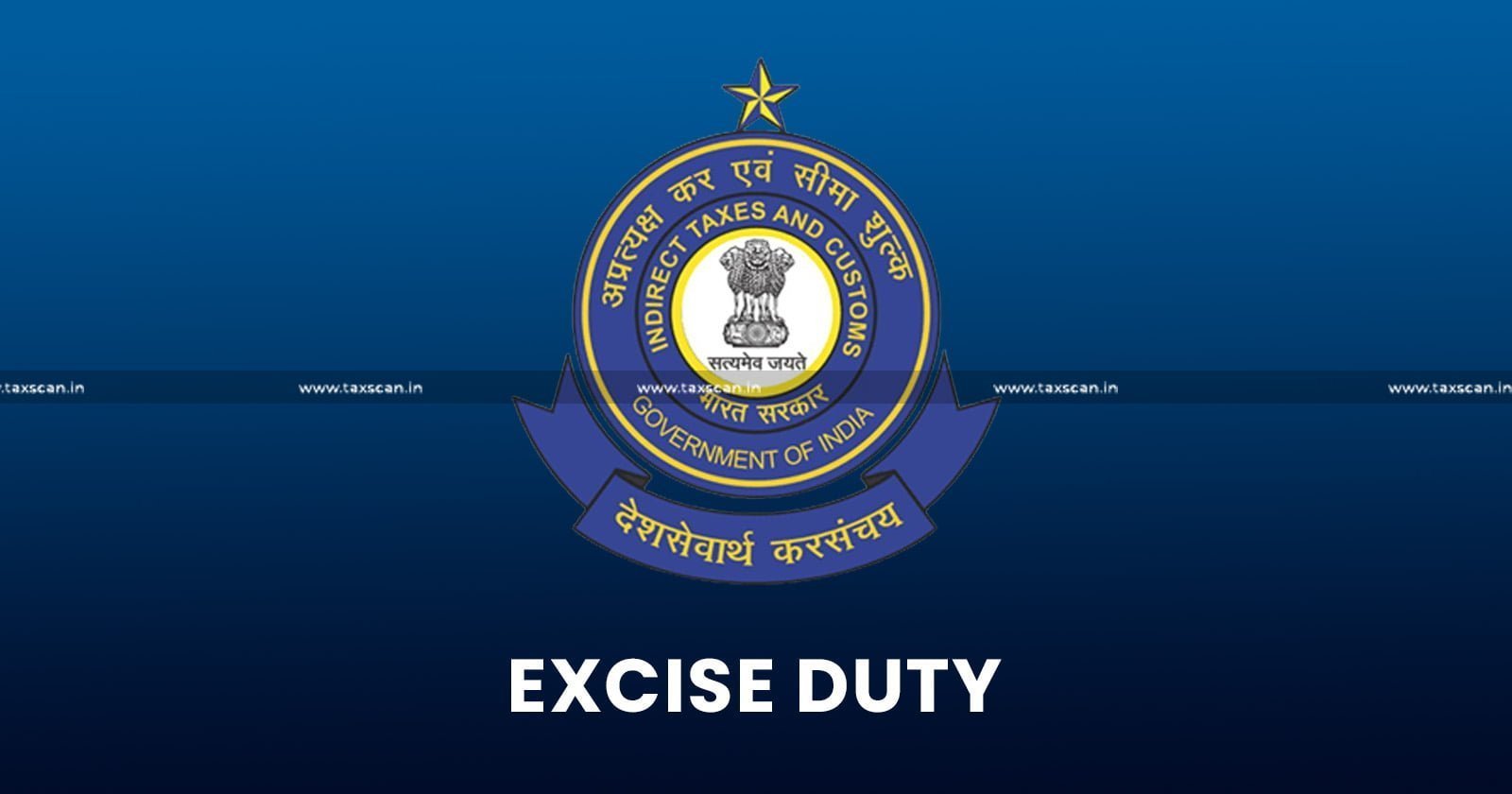Excise Duty Levy on Gutkha u/s 3A of Central Excise Act

INTRODUCTION
Excise duty is one of the complex topics in the domain of indirect taxation. The main focus of this article is to understand the concept of compounded levy scheme with reference to the importance and nature of excise duty and Pan Masala Packing Machines (Capacity Determination and Collection of Duty) Rules, 2008 (hereinafter referred to as Pan Masala Rules).
Meaning and Nature of Excise Duty
An excise duty is a duty imposed on the manufacture of goods. Manufacturing means to bring out a substance of new identity and character distinct from the raw material.However, manufacturing alone does not attract the duty but it is the nature of goods which is also a relevant factor for levying duty. Goods must be movable, mentioned in the Central Excise Tariff Act, 1985, marketable, and must be manufactured in India. Goods which possess all these attributes are known as excisable goods.
Section 3 of the Central Excise Act, 1944 (CEA, 1944) gives the Central Government the authority to impose and collect an excise duty on all commodities that are subject to it, with the exception of goods that are produced or manufactured in special economic zones. The production of excisable commodities is the taxable event in this case, and the duty must be paid by the sixth day of the following month. Furthermore, the Central Excise Rules, 2002 (also known as the CER, 2002) and Section 3A of the CEA, 1944 grant the government the authority to impose duties based on production capacity, a practice known as the compounded levy scheme.
Pan Masala Packing Machines Rules, 2008
In 2008, the Central Government, in exercise of the powers conferred by Section 3A of CEA, 1944, framed Pan Masala Packing Machines (Capacity Determination and Collection of Duty) Rules, 2008 to levy and collect the excise duty with respect to the manufacturing of notified goods.
Notified goods – For the purpose of Pan Masala Rules, notified goods have been specified by the government as under:
- Pan Masala, except the Pan Masala containing not more than 15% betel nut; and
- Pan Masala containing tobacco, commonly known as Gutkha, manufactured with the aid of packing machine and packed in pouches as notified goods.
Penalties
The penal provisions for non compliance of procedure are to be read with Section 11AC of Central Excise Act, 1944. Section 11AC of the Central Excise Act applies to the situation where the duty payable has not been levied or short paid or erroneously refunded by reason of fraud or collusion or any willful mis-statement or suppression of facts with intent to evade payment of duty.
Rule 17 subject to the Section 11AC of the Central Excise Act provides that in case the manufacturer produces or removes any goods in contravention of any of the rules, he shall be liable to pay the penalty which in any case shall not exceed the duty leviable on the goods. The goods will be confiscated by the concerned officer. In case of non-registration of the manufacturing unit with the jurisdictional excise office, the duty liability will be determined by the number of machines found available in the factory premises.
CONCLUSION
The regulations concerning the pro rata payment of duty need to have been more explicit. When there is no real output for the entire month, the company is burdened with paying the duty. To be effective, these regulations need to be remediated.
Support our journalism by subscribing to Taxscan premium. Follow us on Telegram for quick updates


